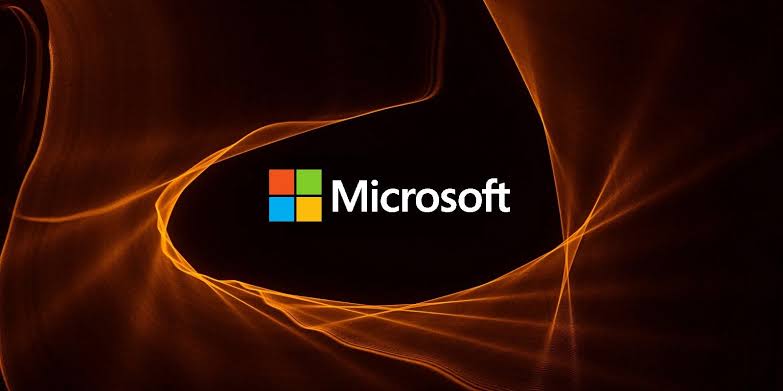
Microsoft has launched the Majorana 1 chip, a pioneering development in the field of quantum computing. This innovative chip is the first to incorporate a Topological Core architecture, a breakthrough that could significantly advance quantum technology and reshape the future of computing.
What Makes the Majorana 1 Chip Revolutionary?
The Majorana 1 chip is designed to address one of the biggest challenges in quantum computing—stability and error correction. Traditional quantum computers rely on qubits, which are highly sensitive and prone to errors due to environmental disturbances. Microsoft’s innovation lies in using a novel material that enables the detection and control of Majorana particles, theoretical quantum particles that act as their own antiparticles.
By leveraging Majorana fermions, Microsoft aims to create qubits that are inherently more stable, reducing computational errors and making quantum systems more scalable. This breakthrough brings the world one step closer to building fault-tolerant quantum computers capable of solving complex problems far beyond the reach of classical computing.
How This Breakthrough Could Transform Industries
Quantum computing holds the potential to revolutionize multiple industries by offering computing power that surpasses even the most advanced supercomputers today. With Majorana 1, Microsoft is positioning itself as a leader in the quantum race, with applications that could impact various fields, including:
- Cybersecurity – Quantum encryption could make data breaches nearly impossible by creating unbreakable cryptographic systems.
- Drug Discovery & Healthcare – Simulating molecular interactions at the quantum level can accelerate the development of new medicines.
- Financial Modeling – Quantum algorithms could optimize complex financial models, improving investment strategies and risk analysis.
- Artificial Intelligence & Machine Learning – Faster computation can enhance AI capabilities, enabling smarter automation and problem-solving.
- Climate Science & Material Discovery – Quantum simulations could help discover new materials for sustainable energy solutions.
A Long Journey with Skepticism Along the Way
While Microsoft’s announcement has generated excitement, some physicists remain cautious. Quantum computing is still in its early stages, and previous claims of breakthroughs have often faced scrutiny from the scientific community.
Notably, some experts have pointed out that while Microsoft’s measurements suggest topological activity, the evidence isn’t yet conclusive. The challenge remains in proving that these Majorana particles can be reliably manipulated for computation at scale.
Microsoft’s Long-Term Vision for Quantum Computing
Satya Nadella’s Microsoft has long been committed to quantum research, investing heavily in topological quantum computing as an alternative to other leading approaches, such as superconducting qubits used by Google and IBM. The company envisions building a full-stack quantum computing ecosystem, integrating hardware, software, and cloud services via Azure Quantum.
Despite skepticism, Microsoft remains confident that its topological approach will ultimately lead to the development of fault-tolerant quantum computers, which could outperform classical machines by an unimaginable margin.
What’s Next for Quantum Computing?
The race for quantum supremacy is heating up, with major players like Google, IBM, and startups such as IonQ and Rigetti also pushing the boundaries. Microsoft’s Majorana 1 chip marks a significant milestone, but real-world applications may still be years, if not decades, away.
Microsoft plans to continue refining its research, collaborating with universities and research institutions to provide additional evidence supporting its topological quantum claims. The goal is to transition from theoretical breakthroughs to practical applications that can change the world of computing forever.
Conclusion
Microsoft’s launch of the Majorana 1 chip signals a bold step forward in the pursuit of stable and scalable quantum computing. If successful, this innovation could revolutionize industries, redefine cybersecurity, and unlock computational power beyond our imagination. However, as with all technological breakthroughs, only time will tell whether this marks the beginning of a new computing era or another stepping stone in the long journey toward quantum supremacy.









